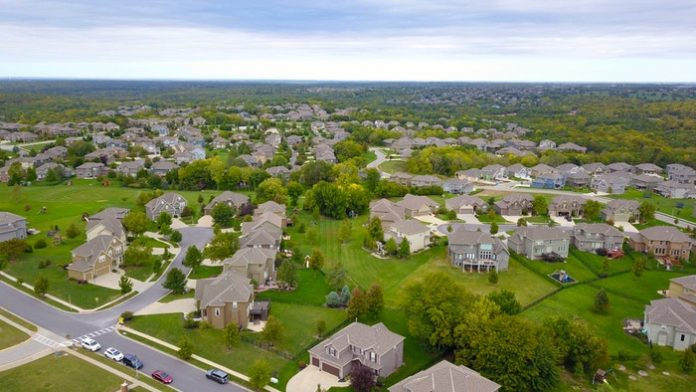It shouldn’t be a problem finding lenders in a stable and thriving market. When everyone is doing well, everyone will be. While the people thrive, the market will too. Now, after a decade of all-time lows, housing prices have gone to new highs.
The Economist has created a graph depicting the forecast for the global housing industry, with Ireland in the lead. The graph is data dependent on GDP growth and interest rates, as well as other determining economic factors. Other than that, they look at data that shows the ratio between housing prices, rental and tenant incomes or buyer incomes. Finally, it also takes into account its historical prices which are determined by account momentum and mean reversion.
At the bottom of the list, you will find Italy struggling below New Zealand and Australia, with experts saying that the country will find itself down 5 percent by 2020, whereas everywhere else will see a nominal increase of up to 2.3%.
This graph was brought on by the Great Recession of ten years ago, whereby housing prices fell drastically. The report assures that the economy has recovered since then, and even doing better than before, especially in Canada in New Zealand where they have recovered more than 40% above the pre-crisis peak. However, when numbers go too high, it makes investors nervous that another crash is coming.
The model provided by The Economist gives people a prediction on what to expect. While they do not guarantee its accuracy, they believe that “even an inexact forecast provides more insight than no forecast at all”. Perhaps it will prepare the people for when the bubble bursts or if it never does.
However, according to reports by CNN, the rising prices aren’t always a positive indicator. While the higher prices might be able to give homeowners a boost in their income and wealth, it does nothing for those who still do not own a home yet. If anything, it is detrimental to their financial planning as wages are not keeping up with the inflating property prices. It is making it extremely hard for buyers to enter the market at all. In particular, first-time purchasers and borderline borrowers. The only method of keeping their heads above water is by renting from existing homeowners and continuing to inflate their wealth while gaining nothing in return.
From a certain perspective, it is definitely beneficial to one party. However, when you look at it on a whole and see it from a national perspective, the spectrum of wealth is unevenly distributed and that will cause problems for the future. It is unsustainable and it will not benefit the economy when half its population is drowning in debt or struggling to make ends meet. If wages do not increase at the same rate that everything else is, it will prove troublesome and pave the way for a bleak economical drop when the bubble eventually bursts.
Find a Home-Based Business to Start-Up >>> Hundreds of Business Listings.

















































